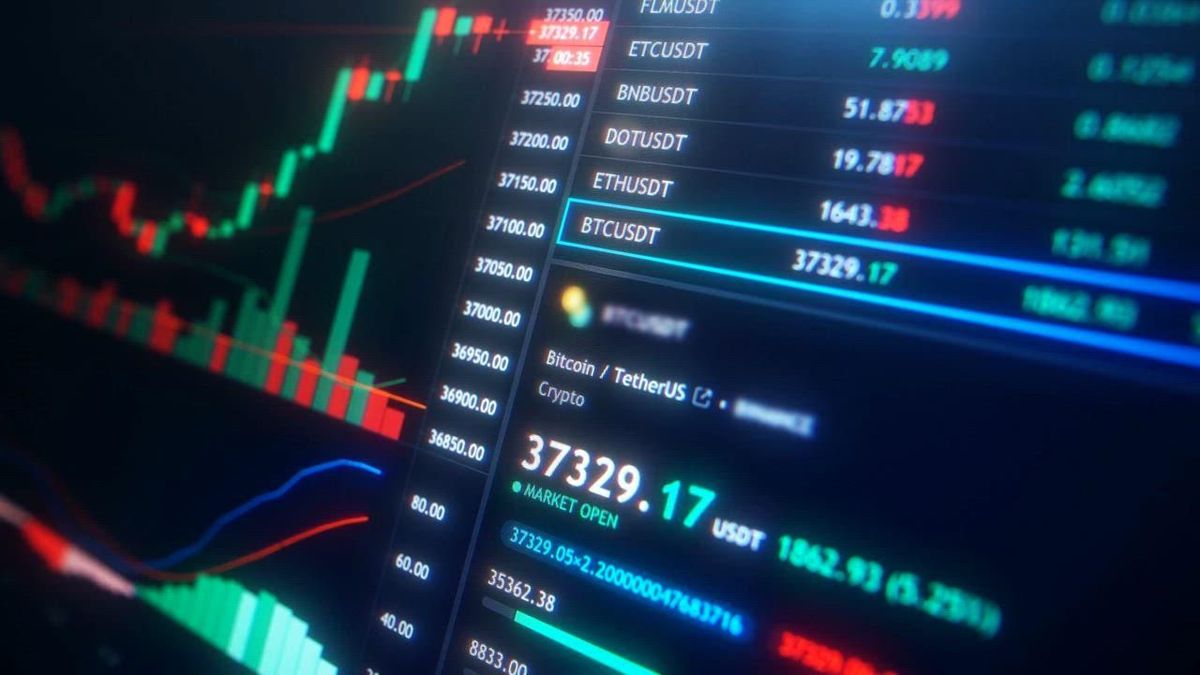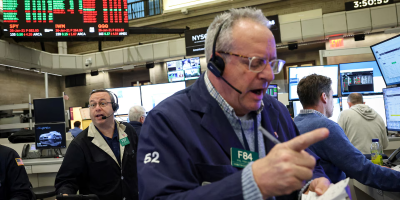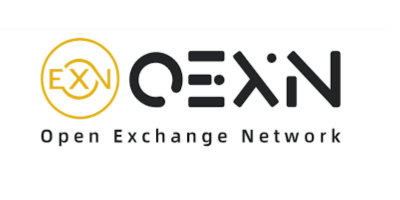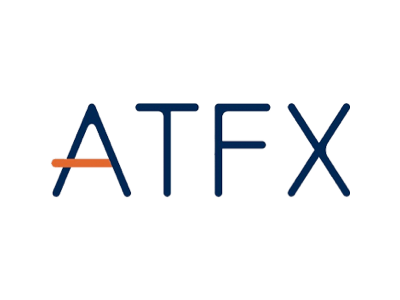(ĐTCK) After the Federal Reserve’s decision to cut interest rates last week, the core inflation index released this week is likely to give policymakers more time to address the weakening situation in the US labor market.

US inflation data
The Personal Consumption Expenditures (PCE) index for August, due out Friday (July 26), is expected to have risen 0.2% in August after a 0.3% increase in July. On an annual basis, the index is forecast to remain unchanged at 2.9%, still above the Fed’s 2% target.
The data will be the first report on inflation since Fed Chairman Jerome Powell warned that rising inflation and a weakening labor market would leave policymakers with “no safe path” moving forward.
The Fed is expected to cut interest rates at its upcoming meetings, but Mr. Powell said officials will closely monitor economic indicators before making further moves. Several Fed officials will speak this week.
Fed Chairman Jerome Powell pointed to a cooling labor market to explain why officials cut interest rates last week, but he also made clear that the central bank remains wary of inflation as President Donald Trump’s tariffs continue to weigh on the economy.
“There is no such thing as a completely safe path now,” Mr. Powell said.
Meanwhile, analysts at Barclays said that the Fed’s September policy statement reiterated that policymakers were mindful of risks on both sides of the dual mandate, but “judged that downside risks to employment have increased,” suggesting the Fed’s focus is shifting to the labor market rather than inflation.
Asian economic data
South Korea’s 20-day trade data, due out on Monday (September 22), is often seen as a leading indicator of global trade because South Korea exports a lot of intermediate goods (especially semiconductors). The figure shows whether global demand is strong or weak in the first half of the month. If chip exports increase, the market often sees it as a sign of a recovery in global tech demand.
On the same day, China will announce its loan prime rate (LPR) and the market is currently predicting that the People’s Bank of China (PBOC) will keep the interest rate unchanged as the central bank has previously injected liquidity but wants to avoid the risk of devaluation of the yuan.
Japan will be in focus midweek with PMIs, while Tokyo retail sales and inflation data will be an important early indicator of nationwide prices, and a key input for the Bank of Japan (BoJ) as it looks to normalize monetary policy.
China will release August industrial profits on Saturday, a test of whether corporate profits are stabilizing after months of deflationary pressures. The report comes after data showed government spending slowed for a second straight month in August.
Stock markets surge on expectations the Fed will continue to cut interest rates
The S&P 500 and Nasdaq are up 14% and 17% year-to-date, respectively, and hit new records last week. The small-cap Russell 2000 also surpassed its November 2024 peak after the Federal Reserve cut interest rates at its policy meeting last week.
But some investors worry that the recovery reflects a series of positive developments, from loose monetary policy to the economy’s resilience to tariffs, that could send stocks reeling if the growth picture turns sour.
“We’re not at war with the Fed anymore, and that’s good for stocks…The risk is that if the economy turns around, traders could panic and sell off expensive Big Tech stocks first in a knee-jerk reaction,” said Michael Sansoterra, chief investment officer and senior portfolio manager at Silvant Capital Management.

















Leave a Reply